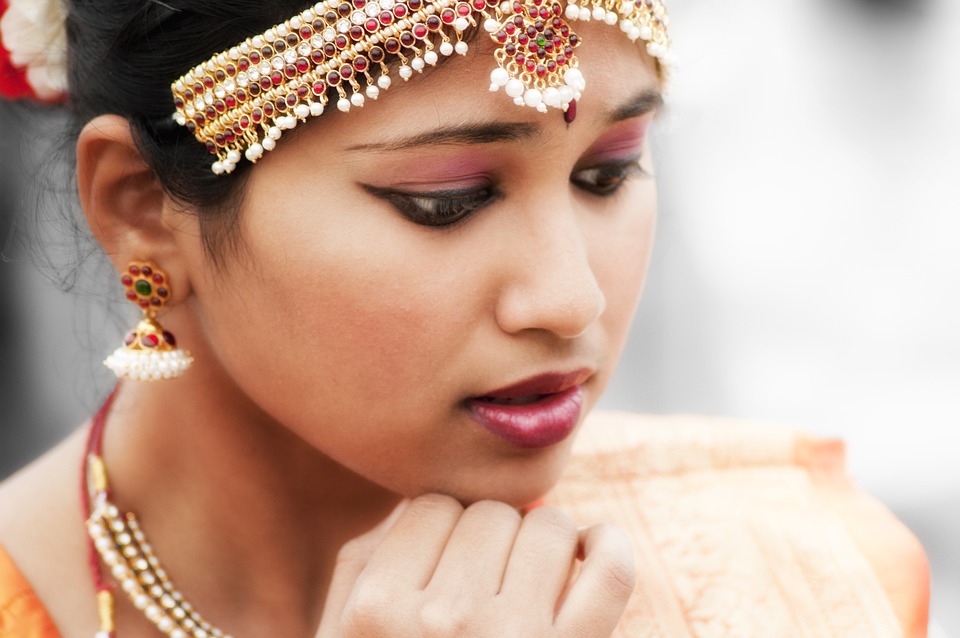A Cinematic Revolution: Analyzing the Evolution of Gender Roles in Arab Cinema’s On-Screen Intimacy
Arab cinema has often been criticized for its limited portrayal of gender roles and its conservative approach towards intimacy on screen. However, the past few decades have witnessed a transformative revolution in Arab cinema, challenging traditional norms and breaking barriers when it comes to the representation of gender roles and on-screen intimacy.
Historically, Arab cinema favored narratives that adhered to conservative societal norms, emphasizing the separation between male and female characters. Gender segregation was a prominent feature, limiting interactions and intimacy between the sexes. Furthermore, traditional gender roles were reinforced, with men being portrayed as strong, dominant, and empowered, while women were often confined to submissive, passive roles.
However, in recent years, Arab cinema has undergone a significant shift, with filmmakers challenging these stereotypes and taking a more progressive approach towards gender roles. One notable example is the acclaimed film “Wadjda” by Haifaa al-Mansour. Released in 2012, it tells the story of a rebellious young Saudi Arabian girl who dreams of owning a bicycle, a seemingly simple desire that challenges societal expectations and gender norms. The film highlights the struggle faced by women to assert their own agency and desires in a patriarchal society.
Another notable film that challenges gender roles is “Caramel” by Nadine Labaki. Released in 2007, this Lebanese film explores the lives of five women who work in a beauty salon in Beirut. Each character faces her own struggles and desires, breaking free from traditional gender roles and societal expectations. The film’s exploration of female desire, sexuality, and intimacy shows a departure from traditional conservative portrayals.
The portrayal of intimacy on screen has also experienced a revolution in Arab cinema. Traditionally, Arab films refrained from explicitly depicting intimacy, opting for implicit and suggestive scenes. However, contemporary Arab filmmakers have defied these norms, delving into intimate moments that capture the depth and complexities of interpersonal relationships.
A prime example of this revolution is the Tunisian film “Beauty and the Dogs” by Kaouther Ben Hania. Released in 2017, the film boldly confronts the issue of sexual assault and its aftermath. Through its raw and unapologetic depiction of the female protagonist’s struggle for justice and healing, the film challenges societal taboos surrounding sexual intimacy and violence against women.
Another groundbreaking film is “Cairo 678” by Mohamed Diab, released in 2010. It follows the intersecting lives of three Egyptian women who face sexual harassment in their daily lives. The film fearlessly addresses the issue, shedding light on a widespread problem in Egyptian society. By explicitly portraying these instances of harassment, the film aims to create awareness and bring about social change.
These films and many others have reshaped Arab cinema’s representation of gender roles and on-screen intimacy. They have challenged conservative norms, allowing female characters to assert their agency and desires, breaking free from traditional roles of submission. Moreover, these films have promoted dialogues on sensitive issues such as sexual assault and harassment, shedding light on societal concerns that were previously hushed.
The cinematic revolution in Arab cinema is not without its challenges, as conservative elements in society often resist these progressive portrayals. However, the growing success and recognition of such films demonstrate the appetite for change and a desire to challenge the status quo.
It is crucial to celebrate and support these progressive voices in Arab cinema, as they have the potential to shape societal attitudes and redefine gender roles. By portraying diverse and complex characters, Arab filmmakers are not only challenging traditional gender norms but also creating a more inclusive and representative film landscape.
In conclusion, the evolution of gender roles and on-screen intimacy in Arab cinema marks a cinematic revolution that challenges traditional conservative norms. Filmmakers are defying societal expectations, exploring complex characters, and addressing sensitive issues. This revolution has the potential to reshape Arab society’s understanding of gender roles and promote a more inclusive and equal future.
Finally, we would like to introduce you to an innovative platform dedicated to the study of sexuality in Arabic cinema.
Complying with international laws and regulations, our site offers a variety of film analyzes, from independent to mainstream, that provide a subtle insight into sexual themes in the Arab film industry. With a streamlined interface and simple search features, aflamaljins.com provides a safe, respectful and interactive environment for users. If you are intrigued by the intersection of Arab culture, sexuality and cinema, our website is a comprehensive and educational resource.
